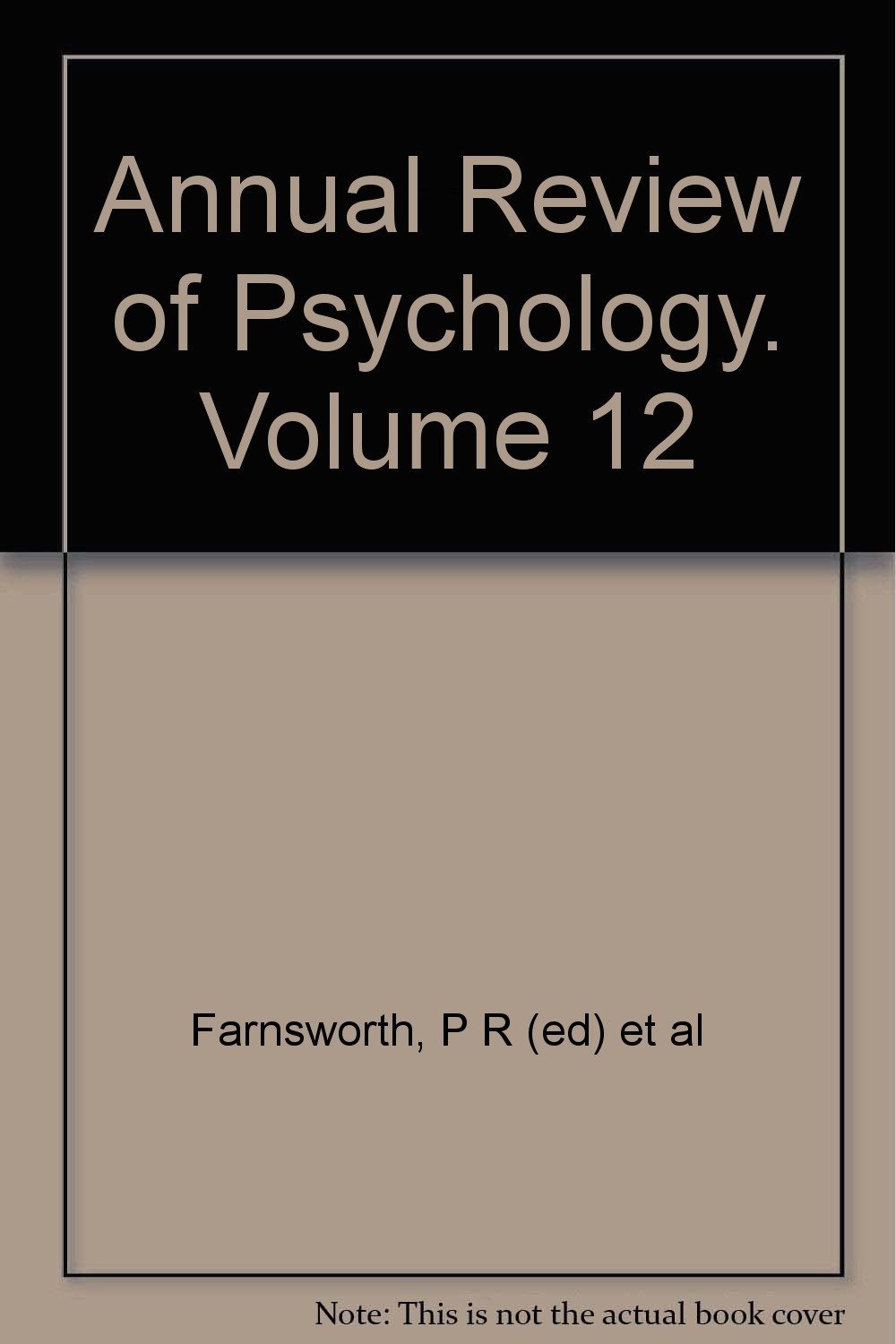泛化的统一原则:过去、现在和未来
IF 29.4
1区 心理学
Q1 PSYCHOLOGY
引用次数: 0
摘要
泛化被定义为将有限的经验应用于新情况,是人类智力的基石。从概念学习(对刺激进行分类)和功能学习(学习连续的输入-输出关系)到强化学习和潜在结构学习等领域,我们的综述追溯了泛化心理学理论的演变和延续。从历史上看,基于规则机制的方法和基于相似性机制的方法一直存在激烈的争论,前者依赖于对环境结构的明确假设,而后者则利用与先前实例的比较。每种方法都有独特的优势:规则支持快速的知识转移,而相似性在计算上简单灵活。如今,这些争论最终导致了基于贝叶斯原理的混合模型的发展,有效地将规则的精确性与相似性的灵活性结合起来。混合模型的不断成功不仅弥合了过去的二分法,还强调了整合规则和相似性对于全面理解人类泛化的重要性。本文章由计算机程序翻译,如有差异,请以英文原文为准。
Unifying Principles of Generalization: Past, Present, and Future
Generalization, defined as applying limited experiences to novel situations, represents a cornerstone of human intelligence. Our review traces the evolution and continuity of psychological theories of generalization, from its origins in concept learning (categorizing stimuli) and function learning (learning continuous input-output relationships) to domains such as reinforcement learning and latent structure learning. Historically, there have been fierce debates between approaches based on rule-based mechanisms, which rely on explicit hypotheses about environmental structure, and approaches based on similarity-based mechanisms, which leverage comparisons to prior instances. Each approach has unique advantages: Rules support rapid knowledge transfer, while similarity is computationally simple and flexible. Today, these debates have culminated in the development of hybrid models grounded in Bayesian principles, effectively marrying the precision of rules with the flexibility of similarity. The ongoing success of hybrid models not only bridges past dichotomies but also underscores the importance of integrating both rules and similarity for a comprehensive understanding of human generalization.
求助全文
通过发布文献求助,成功后即可免费获取论文全文。
去求助
来源期刊

Annual review of psychology
医学-心理学
CiteScore
47.30
自引率
0.80%
发文量
48
期刊介绍:
The Annual Review of Psychology, a publication that has been available since 1950, provides comprehensive coverage of the latest advancements in psychological research. It encompasses a wide range of topics, including the biological underpinnings of human behavior, the intricacies of our senses and perception, the functioning of the mind, animal behavior and learning, human development, psychopathology, clinical and counseling psychology, social psychology, personality, environmental psychology, community psychology, and much more. In a recent development, the current volume of this esteemed journal has transitioned from a subscription-based model to an open access format as part of the Annual Reviews' Subscribe to Open initiative. As a result, all articles published in this volume are now freely accessible to the public under a Creative Commons Attribution (CC BY) license.
 求助内容:
求助内容: 应助结果提醒方式:
应助结果提醒方式:


